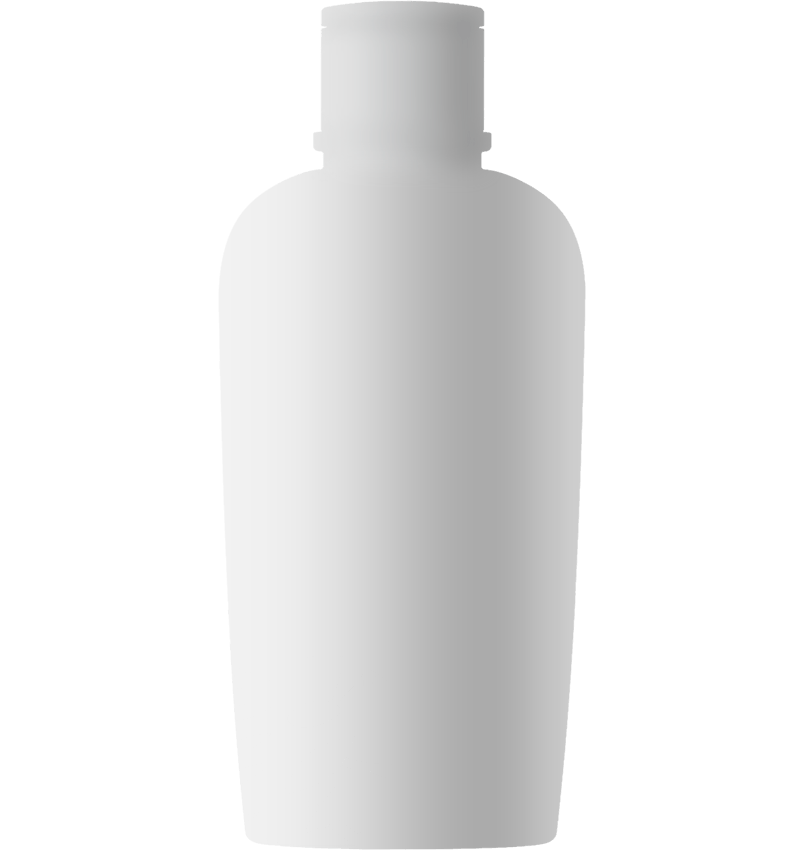Zirconium Crowns: A Premier Choice in Dental Restoration
What Are Zirconium Crowns?
Zirconium crowns, also known as zirconia crowns, are a state-of-the-art dental solution made from zirconium oxide, a ceramic material prized for its extraordinary strength and lifelike appearance. These crowns are perfect for patients seeking both functionality and aesthetics. Zirconium crowns not only blend seamlessly with natural teeth, but they also provide durability that rivals metal restorations, making them a top choice for long-lasting dental solutions.
Why Zirconium Crowns are Highly Recommended
Strength and Durability
Zirconium crowns are recognized for their unparalleled strength. They are exceptionally durable, with the ability to withstand significant pressure from chewing and grinding. This makes them an excellent choice for both front and back teeth, even for individuals who grind their teeth (bruxism) or have an active lifestyle. These crowns can last for over a decade, providing long-term dental restoration that stands the test of time.
Aesthetic Superiority
One of the standout features of zirconium crowns is their aesthetic quality. Unlike traditional metal crowns, zirconium crowns are highly translucent, allowing light to pass through them, which closely mimics the appearance of natural teeth. They are custom-made to match the color of the surrounding teeth, offering a realistic, natural-looking finish that other materials, such as metal or porcelain-fused-to-metal, struggle to achieve. Zirconium crowns are particularly popular for use in the front teeth where aesthetics play a major role.
Biocompatibility and Safety
Zirconium is a biocompatible material, which means it is highly unlikely to cause allergic reactions or sensitivity issues. This makes it an ideal choice for patients with metal sensitivities or those who are concerned about the long-term health effects of metal-based crowns. Furthermore, zirconium crowns do not corrode, ensuring that your restoration remains safe and functional for many years.
Minimal Tooth Preparation
Zirconium crowns require less tooth reduction compared to other types of crowns, such as porcelain-fused-to-metal crowns. This means that more of the healthy tooth structure is preserved, making the procedure less invasive and more conservative. This also contributes to a more comfortable patient experience during both the procedure and recovery.




